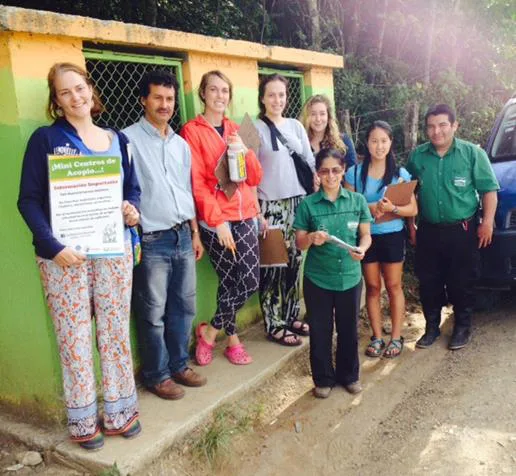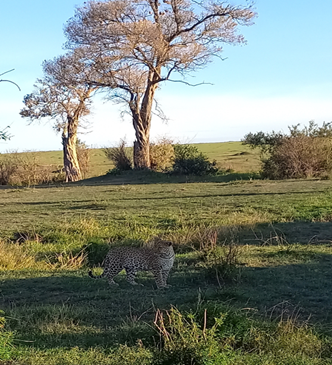Creative Recycling Solution Developed Through Public/Committee Partnership
Notwithstanding Costa Rica’s leading status in some environmental arenas, the nation still struggles to implement basic, sound practices in other areas. Take for example recycling, an initiative that is commonplace and even required in many parts of the world. Despite Costa Rican legislation in 2010 (Law 8839) making it mandatory for municipal governments to provide recycling collection, only 3% of materials are being recycled. Five years after enacting the law, only a few large municipal areas have established recycling centers and very few offer recycling collection. Valuable materials are being sent to landfills that are at or near capacity. A battle over creating massive trash incinerators is now underway because many believe there is no other solution to the rapidly increasing amount of trash created by rising salaries and increased consumerism.
These important issues have led me to explore responses to waste management issues in high tourism areas through Directed Research projects. High tourism volume is often a response to pristine natural beauty. Increased trash and pollution are a direct threat to the main economic drivers in many tourism areas. The Monteverde cloud forest is one of the most visited areas in Costa Rica. Like elsewhere, recycling was formerly left to individuals, so often only a handful of concerned businesses found it financially feasible to hire privately contracted collectors to take their materials to a recycling collection center an hour away. Over the last 2 years, the Monteverde Community Fund has worked with the local government, health ministry, and nature reserves to coordinate a more efficient system that will enable all residents (and visitors) to recycle.
The first phase of action has involved the municipality building a recycling collection center in the town of Monteverde. Research done as part of our summer research shows that the center, which opened in 2014, is projected to receive at least twice as many materials by the end of 2015. A major impediment to recycling is that people without vehicles find it difficult to get materials to the center, reported those who participated in our survey. Also the center is only open once a month, which is inconvenient for many. In an effort to facilitate higher recycling participation, a local coalition has built 17 recycling centers in neighborhoods throughout the community. Since there is no recycling collection, the centers are currently being used for trash storage until pick up. This practice is an improvement over leaving bags of trash in the street for collection as it prevents animals from opening the trash and dispersing it into the environment. The temporary measure is a good use of the mini-centers for the time being. However, a final push must be made to hold and collect recyclables there, as intended. Trash storage has led to the negative side effect of confusion over the purpose of the mini centers among local residents.
In meetings with the vice-mayor, financing has been the major impediment to opening the central recycling center more often and offering recycling collection at the mini-centers. A recycling collection truck and a full time employee have been requested for next years’ budget. As the structural aspects of the recycling program are improved, education is important to obtain optimal participation. During our surveying we worked with the rangers from the Monteverde Reserve and local college students to distribute information on the central recycling center, use of the mini-centers, and future plans to have recycling pick-up at the mini-centers.
Student research indicated that local residents were generally enthusiastic about recycling at the mini-centers and confirmed the need for adult education about recycling. Local collection and empowering people with the knowledge to recycle will make Monteverde’s program one that other communities can look to for public/community based solutions when solving their own recycling issues.

Directed Research group and Monteverde Reserve rangers disseminating information on recycling and conducting surveys.

Mini center in Monteverde, Costa Rica
Related Posts

Restoration on a Cinder Cone: A Syntropic Story

Camila Rojas: Alumni Spotlight⭐
